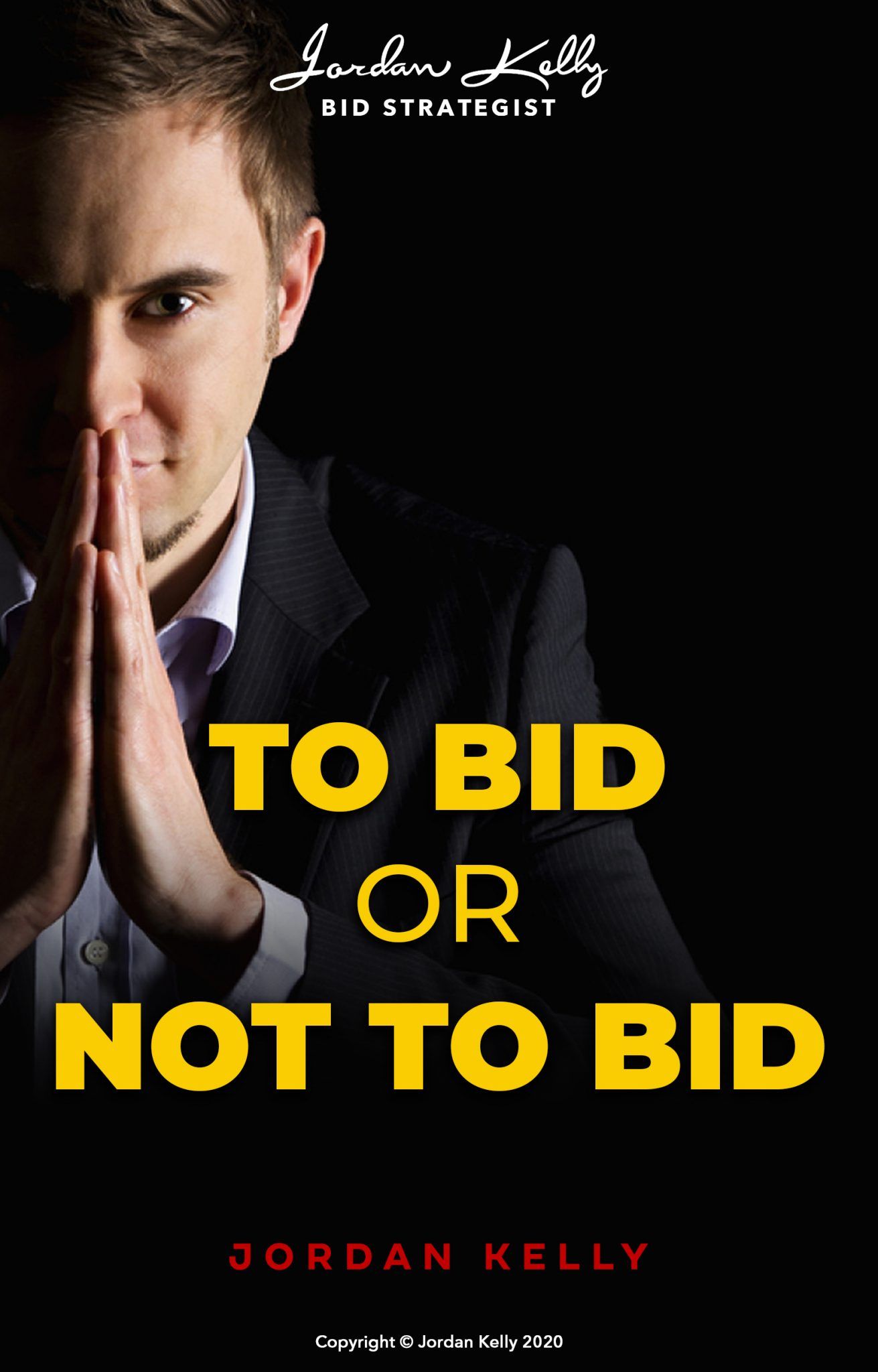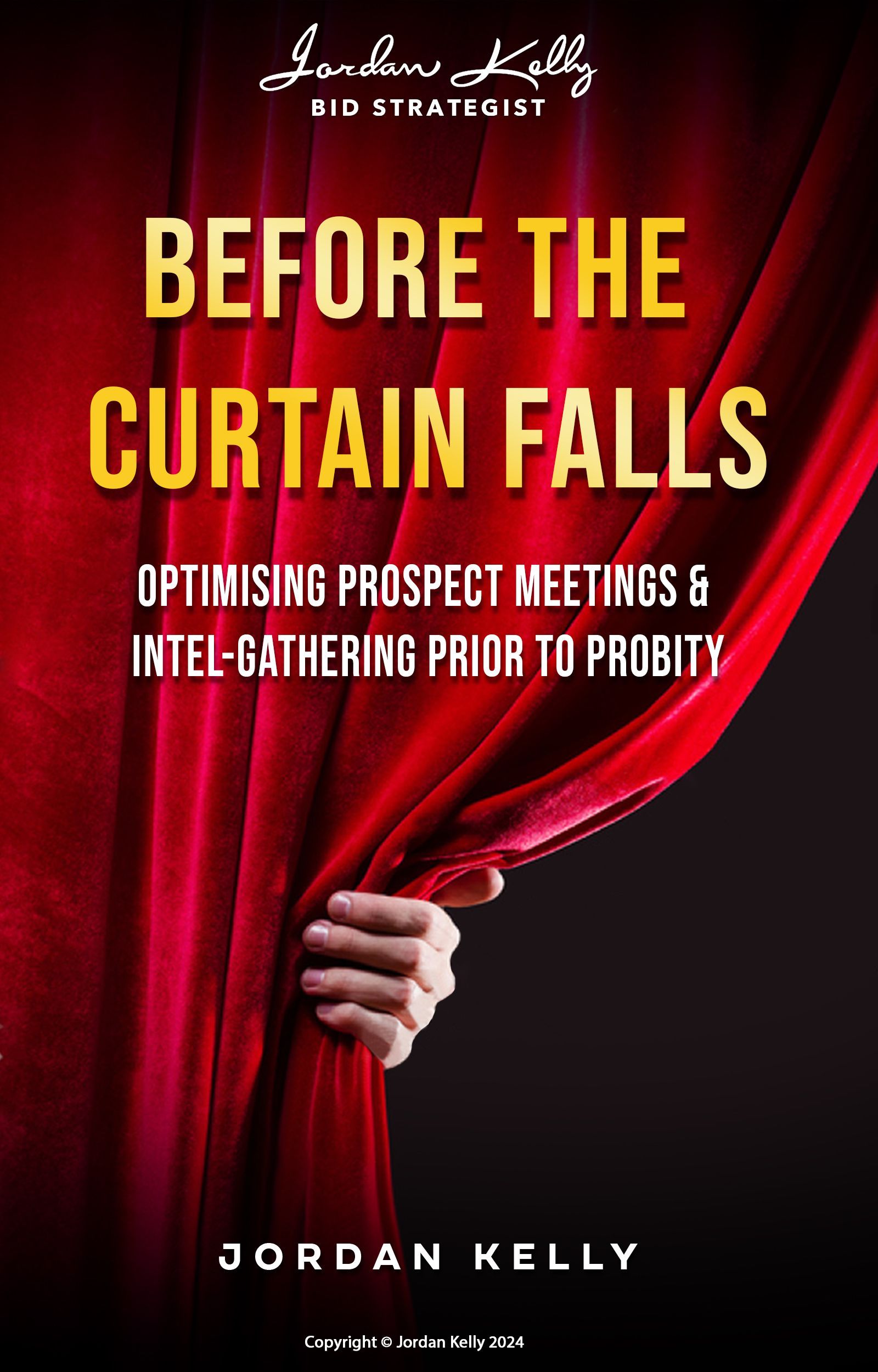CATEGORIES:

For any leader keen to sharpen up his or her organisation’s policies, practices and performance relating to its Code of Ethics, I can do no better than recount my discussion with the International Institute of Business Ethics’ UK-based Research Director, Simon Webley.
Here’s a summary of Webley’s key recommendations:
- Understand that every commercial organisation has at least five overarching stakeholder groups – and
recognise each as equally important.
These five “umbrella” groups are staff, customers/clients, suppliers/service providers, shareholders and/or other providers of finance, and the broader societal communities in which the organisation operates or upon which it impacts.
- As well as placing equal value on relations with each of these stakeholder groups, actively seek out their inputs (including any negative revelations) through close and multi-faceted monitoring of their views, observations and experiences.
- Ask well-thought-out, quality questions.
For example, staff and customer feedback mechanisms may sound passe, on the face of it. However, it’s the quality of the questions asked – and the place from which you’re coming when asking them – that determines the degree of value generated by these feedback initiatives.
- Further again to viewing all stakeholder groups as having equal value to the organisation – pay your suppliers on time and treat them with respect.
- In the interests of transparency with shareholders and funders, provide them with honest and comprehensive updates into the organisation’s achievements, challenges and issues – not a sanitised or doctored perspective.
- Understand and take a broad and serious view of your responsibilities as they relate to the societies in which your organisation operates . . . whether that be the local communities in which your company is conducting roadworks; the globally-dispersed communities availing themselves of, potentially availing themselves of, or impacted by, your banking and other financial services; or the ecosystems affected by your manufacturing discharges.
As a leader of your organisation, prompt yourself and your management or board colleagues, with questions like:
What insights do we need, and therefore what information must we gather, in order to actively demonstrate that we are not simply an organisation bent on maximising financial returns as our singular and uncompromising objective?
How do we show – through our attitude and our actions – that we take into account the views and concerns of our various stakeholder groups? How do we demonstrate, in the case of each, that they are important to us and that their role in helping us achieve our economic and societal missions is genuinely valued?
What policies, practices and contingencies need to be put in place to ensure that issues or lapses in ethical (including environmental) standards are promptly reported upwards and acted upon, and that all involved parties are communicated with in an honest, professional and timely manner?
To ensure consistency and a sustained effort, make someone at a senior management level responsible (creating a new role, if your organisation is of a size to justify it) to direct and preside over these initiatives, and to report regularly and comprehensively upon them to your board of directors.
TO BID OR NOT TO BID

(Training Program)
The real value of a thorough and well thought-out bid/no bid decision analysis – whether highly structured or less so – results from asking the right questions and seeking out well-researched answers.
It's a deep-thinking process during which a valuable perspective of the client and the opportunity is built. When that is followed by a realistic self-analysis, the framework is in place for making a genuinely strategic, properly informed decision.



